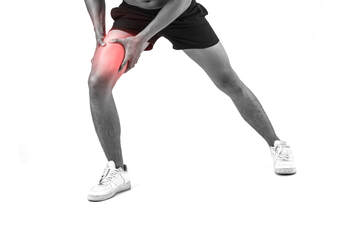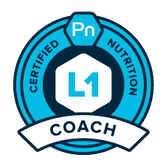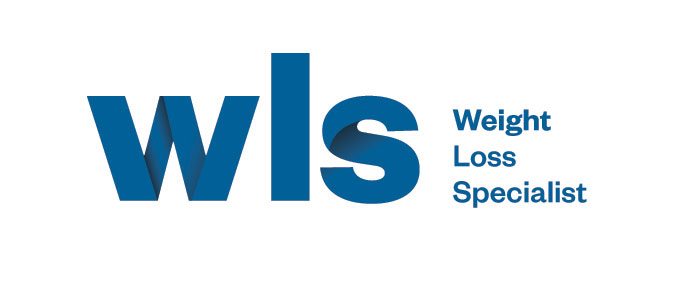 Muscle cramping during workouts can be painful and inconvenient. In the past, we’ve been told that to avoid muscle cramping we should drink lots of water and restore our electrolytes. There is really no evidence to support that theory. The newest science suggests that muscle cramps are a result of “altered neuromuscular control”, which is caused by several factors including fatigue, muscle damage, and genetics. Under this new theory there are no quick fixes, but rather a suggestion that proper training and a systematic progression to training can hep to minimize the risk of cramps.
Here’s why: As you get tired your muscular control becomes dysfunctional. So, instead of your muscles contracting and relaxing, the muscles continue to fire and cause a “twitching” feeling. If the imbalance persists, the muscle will eventually contract an outright cramp. The neuromuscular cramp theory was first proposed in 1997 by researcher, Martin Schwellnus, to explain the fact that the muscles affected are usually those that have been working the hardest. He asked questions like, “If it’s a systemic problem like dehydration, then why doesn’t the whole body cramp?”. He also pointed out that sports doctors had long known that to help relieve a cramp, stretching the affected muscle was the best solution, which was another indication that the problem was local rather than general. Also, cramping often runs in families, so that suggests that there is a genetic component. So how can you avoid muscle cramps? Progress slowly into a new exercise routine, set realistic goals, and rest before big competitions or races. This won’t guarantee that you won’t get a cramp, but it will lower your chances. If you do get a cramp, stretching out the muscle, although painful, is the most effective way of ending it.
0 Comments
Leave a Reply. |
AuthorCandice Canace has been a NASM certified personal trainer since 2014. She specializes in women's fitness, weight loss, functional anatomy and overall health and wellness. Candice offers one-on-one personal training and small group training to women in Charlotte, NC. She also provides home and gym workouts through her online training app and is a certified online trainer. Archives
December 2023
Categories |
*Everybody is different and individual results may vary. It is recommended you talk to a healthcare professional before starting any diet or fitness program.
Lemonade Fit™ is Charlotte, NC 's Best Women's Fitness and Weight Loss Studio founded by Candice Canace. Serving clients in Charlotte, NC. Offering small group training and private one on one training for women in Charlotte!
Easy access to/from Uptown, 1-77, 1-74, South End, Dilworth, Myers Park, Wilmore, Wesley Heights, Revolution Park, Ashley Park, Sedgefield, Elizabeth, Cotswold, Plaza Midwood, NoDa, Oakhurst, Villa Heights, Plaza Shamrock, University, Seversville, Enderly Park, Cherry, Eastover, Matthews, Mint Hill, Indian Trail
Lemonade Fit™ is Charlotte, NC 's Best Women's Fitness and Weight Loss Studio founded by Candice Canace. Serving clients in Charlotte, NC. Offering small group training and private one on one training for women in Charlotte!
Easy access to/from Uptown, 1-77, 1-74, South End, Dilworth, Myers Park, Wilmore, Wesley Heights, Revolution Park, Ashley Park, Sedgefield, Elizabeth, Cotswold, Plaza Midwood, NoDa, Oakhurst, Villa Heights, Plaza Shamrock, University, Seversville, Enderly Park, Cherry, Eastover, Matthews, Mint Hill, Indian Trail
|
South End: 1420 S Mint St. O
Charlotte, NC 28203 Park and Enter at the end of Winona MoRa (Oakhurst): 4732 Monroe Rd Charlotte, NC 28205 |
|
© 2024 Lemonade Fit. All Rights Reserved. Est. 2014.
Digital Marketing & Website Design by Fit.Strong.Life, LLC.
Digital Marketing & Website Design by Fit.Strong.Life, LLC.
Proudly powered by Weebly

 RSS Feed
RSS Feed










